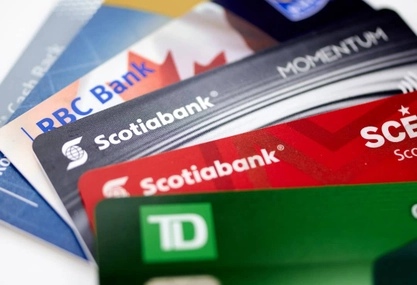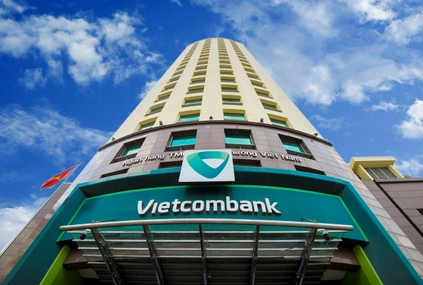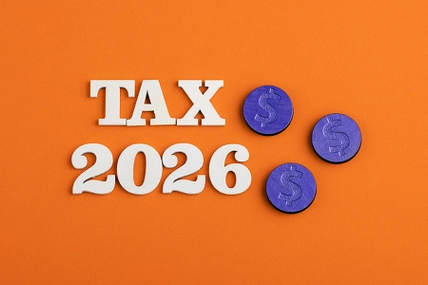The Amended IP Law of 2022 contains extensive amendments which are considered a major overhaul of the current Vietnamese patent system. Hereunder are 12 key provisions adopted from the amended IP law concerning patent-related matters for your consideration.
- 1. Confidential inventions in Vietnam
- 2. Entitlement to registration of inventions in Vietnam
- 3. Novelty of Inventions
- 4. Cancellation of Granted Patents in Vietnam
- 5. Invalidation of Granted Patents in Vietnam
- 6. Requirement for supplementing documents on genetic resources and traditional knowledge in the general requirements for patent applications in Vietnam
- 7. Third party’s observation/Opposition against patent applications in Vietnam
- 8. Nine legal grounds for opposition/refusal of a patent application in Vietnam
- 9. Using results of substantive examination concluded for patent applications from foreign patent offices
- 10. Increasing the protection level of test data in Vietnam – Measures for protection in relation with test data for pharmaceuticals and agricultural chemicals
- 11. Compensation for patent owners due to delay in granting approval of drugs in Vietnam
- 12. Compulsory licensing of patents in Vietnam: Supplementing the grounds for compulsory licensing of a patent to meet the needs of the eligible importing country under the provisions of the TRIPS Agreement and supplementing the provision on exemption fro
The Amended IP Law of 2022 contains extensive amendments which are considered a major overhaul of the current Vietnamese patent system. In order to adhere to a number of IP agreements, including the CPTPP, EVFTA, and RCEP, numerous critical patent provisions are added and amended to the 2022 IP Law in order to make the patent process in Vietnam more efficient and effective.
1. Confidential inventions in Vietnam
The 2022 IP Law introduces for the first- time separate provisions governing confidential inventions. Accordingly, Clause 12a of Article 4 defines
A confidential invention is an invention that is determined by a competent state agency to be a state secret according to the law on protection of state secrets.
The application for patenting confidential invention and the procedure for obtaining a patent for a confidential invention will be guided in detail pursuant to a Government's Decree.
State secret refers to non-disclosed information carrying important contents which is specified by the head of a competent body or organization in compliance with the applicable law and the unauthorized disclosure or loss of which shall cause damage to the national interest/security. Because of the importance of confidential invention, detailed regulations on security control for inventions before filing patent applications abroad are supplemented in the 2022 IP Law. Specifically, when a Vietnam-based invention is applied for patent application with foreign IP Offices from other countries, it must be subject to security control if it satisfies the following four factors at the same time:
- Inventions belonging to in technical fields that affect national defense and security;
- Being created in Vietnam;
- Under the registration rights of an individual who is a Vietnamese citizen and permanently resides in Vietnam or of an organization established under Vietnamese law and
- Being applied for a patent application in Vietnam.
Clause 12a Article 4, Article 89a, Clause 3 Article 108, Point đ and Point e Clause 2 Article 109 are supplemented to the amended IP Law to explain the concept of “confidential invention” and prescribe the related procedures to create a basis for the establishment and enforcement of regulations on confidential invention and security controls for confidential invention.
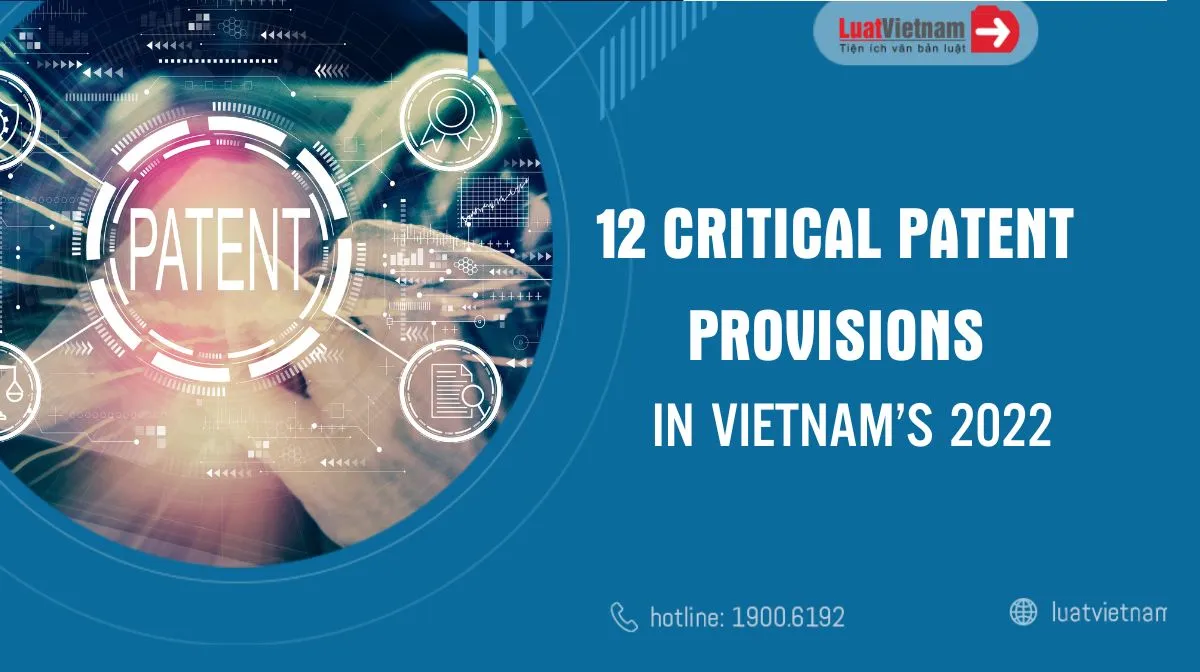
2. Entitlement to registration of inventions in Vietnam
The legal provisions on the right to register IP subject matters which are created by using the state budget are mutually inconsistent and not entirely compatible with the provisions of the Law on Management and Use of Public Property, resulting in a lack of a real incentive for IP right holders in the exploitation and commercialization of IP subject matters.
To remedy this, Article 86a has been added, which stipulates that the right to register an invention which is the outcome of a state-funded scientific and technological task belongs to organization in charge of science and technology tasks and this organization will become the owner of the invention, with the exception of inventions, industrial designs, layout designs in the field of national defense and security, which will be registered and owned by the State.
In addition, the 2022 IP Law has supplemented Article 133a, which establishes cases where the State assigns the right to register inventions as a result of state-funded scientific and technological tasks to other organizations and individuals, and cases where the State allows other organizations and individuals to use the invention, without the consent of the holder of the exclusive right. Besides, the 2022 IP Law also specifies the obligations that the owner must pay the inventor, the obligation to pay compensation when using the invention, and obligations of the state organization for inventions resulting from state-funded scientific and technological tasks.
Another important addition to the 2022 IP law is that organizations and individuals who are assigned to manage genetic resources and provide genetic resources and traditional knowledge about genetic resources under contracts for accessing genetic resources and sharing benefits, unless otherwise agreed between parties, shall have the right to register an invention.
3. Novelty of Inventions
Under the 2005 IP Law, an invention application with earlier filing date or priority date but published on or after the publication date of another invention application with subsequent filing date or priority date is not considered a part of prior art in assessing the novelty of the later application. This situation does not ensure a satisfactory and balanced goal between the rights holder and the interests of the public, such as: the scope of prior art for assessing novelty of an invention excludes the prior application with earlier filing date or priority date, but not published yet on or after the publication date of the later application with subsequent filing date or priority date.
To address this issue, the 2022 IP Law establishes 02 forms of invention disclosure including (i) isclosure as a patent document and (ii) disclosure as a non-patent document, respectively, for an invention for registration which is considered novel. Specifically, Clause 1, Article 60 is amended and supplemented as follows:
“1. An invention is considered novel if it does not belong to one of the following cases:
a) Be publicly disclosed in the form of use, written description or any other form in the country or abroad before the filing date of the patent application, or prior to the priority date in case the patent application claims for the right of priority;
b) Being disclosed in another patent application with an earlier filing date or priority date but published on or after the filing date, or priority date of that patent application.”
4. Cancellation of Granted Patents in Vietnam
In fact, a protection title’s validity may be cancelled in whole or in part. Although the opening part of Clause 1, Article 95 of the 2005 IP Law mentioned the cancellation of a granted patent in some cases, it still kept silent as to whether the cancellation is subject to the entire patent or only a part of the patent.
In order to remedy this situation, Clause 1, Article 95 of the 2022 IP Law has been amended to provide that: a protection title may be cancelled in whole or partly in certain cases.
Accordingly, the validity of a protection title expires when the state management agency in charge of industrial property rights issues a decision on patent cancellation pursuant to Article 95.1.c (the patent holder no longer exists) and when the state management agency in charge of industrial property rights receives a written consent from the proprietor to the cancellation of that right (the protection title holder declares to give up industrial property rights).
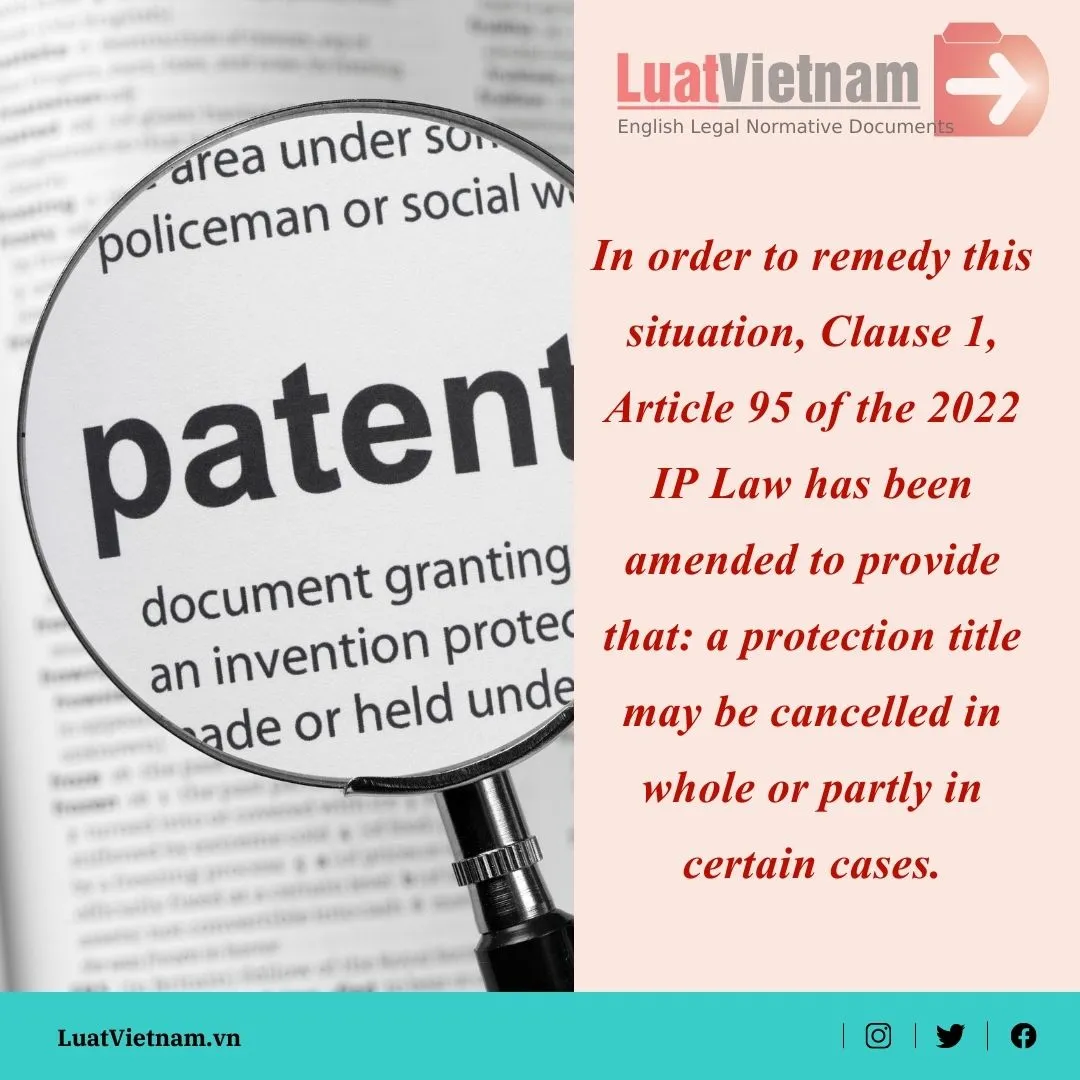
5. Invalidation of Granted Patents in Vietnam
The 2005 IP Law lacks some grounds to invalidate a granted patent and does not provide for cases where the patent application fails to fully disclose, or discloses, but inaccurate information related to the invention; or claims exceed disclosure. This results in the absence of a legal basis for the relevant parties to request IP VIETNAM to invalidate a granted Patent and the prolonged backlog of requests for patent invalidation due to the lack of specificity in the applicable law.
To remedy this situation, the 2022 IP Law has laid down separate regulations to establish a legal basis for wholly or partially invalidating a granted Patent.
Patent invalidation in whole (2 cases) |
|
Patent invalidation in whole or in part if the whole or part of such title does not satisfy the provisions on registration rights, protection conditions, amendments to applications, disclosure of inventions, first-to-file principle (6 cases) | - The applicant neither has right to register the invention nor being assigned such right; - The invention does not satisfy the protection conditions specified in Article 8 (contrary to social morality and public order, harmful to national defense and security) and Chapter VII (does not meet the protection criteria, namely, novelty, inventive step, and industrial applicability); - Amendments and supplements to a patent application go beyond the scope of the subject matters disclosed or stated in the application or change the nature of the claimed subject matters; - The invention has not been disclosed in a full and clear manner to enable the invention to be carried out by a person with average skill in the art; - Patented inventions go beyond the scope of disclosure as specified in its original specification - Patented inventions do not satisfy the first-to-file specified in Article 90. |
Article 96.3 of the 2022 IP Law supplements the provisions for determining the validity of a patented invention in the event of partial or whole invalidation. Accordingly, when the validity of the patented invention shall be in whole or in part, such invalidated whole or part of the patent shall not take effect from the time of grant of the Letters Patent.
6. Requirement for supplementing documents on genetic resources and traditional knowledge in the general requirements for patent applications in Vietnam
For inventions directly created by virtue of genetic resources or traditional knowledge of genetic resources, applicant for inventions related to genetic resources or traditional knowledge of genetic resources is required to provide documents containing explanation about the origin of genetic resources or traditional knowledge of genetic resources pertained in the patent application.
The requirement for such supplementation of disclosure documents will contribute to control inventions using genetic resources and traditional knowledge of genetic resources to ensure an adequate and balanced level of protection of rights to inventions as well as harmonization of interests resulting from the use of genetic resources.
7. Third party’s observation/Opposition against patent applications in Vietnam
The competent agency in charge of IP (in Vietnam, it is the Intellectual Property Office of Vietnam (“IP VIETNAM”)) is responsible for determining whether to grant or deny protection to IP subject matters. However, the source of information and database accessed by the competent agency during search and examination of the registrability of IP subject matters are incomplete, which may result in flaws in the examination procedure. The occurrence of disputes and requests to partly or entirely invalidate IP subject matters after grant reflects this reality. Therefore, a third party's written opinion raised during the pendency of an application is considered an addition of relevant information and important particulars to limit flaws, which helps the competent agency make the correct decision in granting or refusing protection for IP subject matters, and minimizes the negative impacts of the IP protection mechanism on the society.
- Opposition is an administrative procedure that allows a third party to challenge the validity of an industrial property registration application and then request the competent agency to refuse the grant of a protection title, provided that the opponent provides the legal grounds to prove his case.
- Third party’s observation is a procedure that allows the public to provide their opinion on industrial property registration applications, from which the examining agency makes decisions on applications under examination. Third-party’s observation often serve as a reference source for examiners during the application examination process.
When it comes to procedure, there are two points in common between third party’s observation and third party’s opposition, namely, (i) no interest is required to initiate these proceedings (any bona fide third party, not only the party with related rights and interests, enjoys the right to raise his opinion on the registration of an application by using one of two above-mentioned procedures, and (ii) they contains clear legal ground for the public to give their opinion on the grant of an exclusive right to an industrial property subject matter that the public must respect if they believe that the subject matter for registration is likely to conflict, or affect negatively or do not meet the criteria of protection.
However, the time limit for receiving and considering the third party’s opinions as prescribed in Article 112 of the 2005 IP Law is vague and excessively long. Failure to differentiate between opposition and provision of information on the application impedes in implementation of two above-mentioned procedures; the time limit for receiving the third-party opinion is too long, resulting in a protracted process of handling the application, and the third party may abuse this procedure to obstruct the grant of a protection title.
To remedy this situtation, the 2022 IP Law has established two mechanisms to effectively handle third-party opinions on industrial property registration applications in general and patent applications in particular.
Comparison | Criteria | Third party’s observation (Article 112) | Third party’s opposition (Article 112a) |
Similarity |
| ||
Difference | Fee | Free of charge | Subject to prescribed fees |
Term | Third party’s observation may be filed during the patent examination period, provided that such opinions are submitted before IP VIETNAM issues a decision to grant a protection title. | Opposition must be filed within 9 months from the publication date of the patent application and before the issuing date a decision on the grant of a protection title. | |
Procedure | IP VIETNAM only receives the third-party observation, but may not respond or initiate its own procedures to deal with such third-party observation. | IP VIETNAM receives oppositions, issues opposition numbers, and initiates a specific procedure for addressing the third party’s opposition as an independent procedure (similar to the procedure for invalidation, cancellation or appeal). | |
Feature | Being only a reference source of information in prosecution of industrial property registration applications (being only opinions serving as reference information) | Being a separate and independent procedure, like other procedures such as termination, invalidation or appeal. | |
8. Nine legal grounds for opposition/refusal of a patent application in Vietnam
The 2022 IP Law has included 5 grounds upon which a third party may file an opposition or IP VIETNAM may refuse protection of a patent application, bringing the total to 9 grounds as follows:
No | Legal grounds | Note |
1 | The invention does not fully meet the protection criteria (three following conditions must be satisfied: novelty, inventive step, and industrial applicability). | The 2005 IP Law |
2 | The patent applicant neither has the right to register the invention nor being assigned the right to register. | The 2005 IP Law |
3 | The invention does not meet the first-to-file principle (not the invention with the earliest priority or filing date). | The 2005 IP Law |
4 | There is no consent from all applicants (in case of having more than one similar or identical patent application filed on the same day, which then meet the requirements of protection). | The 2005 IP Law |
5 | Amendments and supplements to a patent application go beyond the scope of the subject matters disclosed or stated in the original application or change the nature of the claimed subject matters. | The 2022 IP Law |
6 | The claimed invention exceeds the scope of disclosure in the original description of the patent application. | The 2022 IP Law |
7 | The invention has not been sufficiently disclosed in the patent description to the extent that person with average skill in the art may be able to implement the solution stated in the claim. | The 2022 IP Law |
8 | Failure to disclose or improper disclosure on the origin of genetic resources or traditional knowledge of genetic resources in the case of patent applications for inventions which are directly based on genetic resources or traditional knowledge of genetic resources. | The 2022 IP Law |
9 | Patent applications are filed in violation of the regulations on security control for inventions before being filed abroad. | The 2022 IP Law |
9. Using results of substantive examination concluded for patent applications from foreign patent offices
IP VIETNAM examines and determines the patentability of patent applications under the examination procedures and requirements established by the 2005 IP Law and sub-laws. In addition to the examination under the specific principles, as a matter of practice, IP VIETNAM usually relies on the examination results of the foreign prior patent applications as an important basis in determining the grant or denial of protection title for Vietnam patent applications if the patent application filed in Vietnam has a corresponding application earlier filed abroad. In cases of such foreign grants/allowances of corresponding applications, the applicants of pending applications are often suggested to supplement examination results of foreign patent offices or to make amendments to conform with the allowed/granted claims so that the patent application in Vietnam is soon granted a protection title.
To codify the above practice, the 2022 IP Law added Clauses 3 and 4 to Article 114, allowing IP VIETNAM to "use the results of substantive examination of corresponding patent applications that fall within the same scope of protection as the claimed invention, conducted by a foreign patent agency during the application prosecution” when examining a patent application filed in Vietnam. The principles, criteria and procedures to govern the use of such examination results will be detailed in sub-laws.
10. Increasing the protection level of test data in Vietnam – Measures for protection in relation with test data for pharmaceuticals and agricultural chemicals
Patent protection for pharmaceuticals and test data protection for agricultural chemicals are the subject of intense negotiations and considered as a mandatory requirement specified in Articles 18.47 and 18.48 of the Comprehensive and Progressive Agreement for Trans-Pacific Partnership (CPTPP) to which Vietnam is a member. CPTPP member countries must commit to a higher level of protection for test data and confidential data used in the registration or marketing approval of pharmaceuticals and agricultural chemicals. For agro-chemicals, the licensing authority must give the data creators exclusive rights to use the data in their application for registration of agricultural chemicals for 10-year period.
The regulation on protection of agricultural chemicals testing data for a period of 10 years is said to be uneconomical in terms of resources, time and cost because if a third party wants to obtain market authorization for a similar product, all tests must be repeated, and the same data must be gathered when requesting for market authorization. It is also unreasonable to invest in developing test data for veterinary drugs and pesticides, which increases the costs of agricultural chemicals and imposes an additional burden on consumers.
The 2005 IP Law provided a general framework for the obligations of state agencies regarding the confidentiality of test data associated with pharmaceuticals and agricultural chemicals, however, there were no specific and detailed regulations on measures to protect such data.
To meet higher requirements for the protection of pharmaceutical and agro-chemicals testing data, the 2022 IP Law has supplemented two provisions in Article 128 to define the obligations of the licensing agencies to comply, except for cases where the secret is independently created (Article 125.3.b) or licensing is necessary to ensure security and nutrition of the people or other urgent society’s needs.
Subject matters | Obligations of the licensing agencies in Vietnam |
Pharmaceuticals | The licensing agency must publish on its websites within five months before pharmaceuticals in a later application are approved for marketing if it allows the applicant of the later application to rely on an approved pharmaceutical or data tested for its safety and efficacy of an approved pharmaceutical to apply for marketing authorization for another pharmaceutical. |
Agricultural chemicals (pesticide, veterinary drugs, fertilizers, etc.) | The licensing agency may not issue an authorization to the applicant with a later filing date if the application contains confidential data or relies on the submission of the confidential data to be authorized for circulation without the consent of the submitter of such data within 10 years from the time when the confidential data in the application is submitted to the competent authority. |
11. Compensation for patent owners due to delay in granting approval of drugs in Vietnam
Compensation for patent owners due to a delay in granting approval of drugs is an unprecedented provision in Vietnam's IP law until Vietnam has joined and become a member of the European Union–Vietnam Free Trade Agreement (EVFTA). This new generation agreement obligates Vietnam to have a suitable compensation mechanism for pharmaceutical patent owners when state agencies delay in granting marketing authorization for such pharmaceuticals. To fulfill its obligations under the EVFTA, Vietnam has passed into law the compensation mechanism in Article 131a of the amended IP Law of 2022.
No | Criteria | Regulations |
1 | Form and time of compensation | The patent holder is not required to pay a fee to use the protection title for the period during which the initial marketing procedure of the pharmaceutical products which are manufactured under the patent in Vietnam is delayed when performing the patent maintenance procedure. |
2 | Conditions for being considered a delay in the marketing authorization of pharmaceuticals | Within 24 months from the date of receipt of the valid application for registration, the competent authority has no response. The delay period is calculated from the first day after the end of two years from the date when the competent agency receives the complete dossier to the time of issuing the first written response. |
3 | Documents to be submitted to IP VIETNAM for compensation | Within 12 months from the date on which a pharmaceutical product is licensed for circulation, the patent holder must submit to IP VIETNAM a written confirmation issued by the competent agency in marketing authorization of pharmaceutical products certifying that the procedure for marketing authorization of such pharmaceutical products has been delayed. |
12. Compulsory licensing of patents in Vietnam: Supplementing the grounds for compulsory licensing of a patent to meet the needs of the eligible importing country under the provisions of the TRIPS Agreement and supplementing the provision on exemption from compensatory obligations upon compulsory licensing of patents
Compulsory licensing of a patent is construed as the transfer to another organization or individual the right to use the invention under a decision of a competent state agency without the consent of the patent holder.
In the pharmaceutical industry, many WTO member countries, which are developing and underdeveloped countries, have encountered many difficulties in implementing policies on public health protection, especially in gaining access to essential pharmaceutical resources for the people. The reason is that the TRIPS Agreement lacks a flexible mechanism for public health protection. Specifically, one of the conditions of the patent use mechanism without the permission of the patent holder (also known as mechanism for the transfer of the license by compulsory decision) is that the compulsory license is mainly intended to supply the domestic market (Article 31(f) of the TRIPS Agreement). Consequently, if a member country wants to use this mechanism in the event that a specific drug is needed to prevent disease risk, but its pharmaceutical industry lacks the capacity to produce the drug, such a member country cannot require other member countries to manufacture it.
To solve the above problem, Article 31bis of the TRIPS Amendment Protocol has established a mechanism that allows member countries to make decisions on compulsory licensing of a pharmaceutical invention without having to comply with regulations of Article 31(f) of the TRIPS Agreement. It is understood that the supply of pharmaceutical products manufactured under compulsory patent licensing is not limited to the domestic market of the member country, and that generic drugs may also be exported. In addition, the Annex to the TRIPS Amendment Protocol also adds terms such as pharmaceuticals, eligible importing members, exporting members, etc. to facilitate the application of such mechanisms to member countries.
On 16 January 2017, Vietnam ratified the Protocol to amend TRIPS. At the same time, the Vietnamese government also announced to use the mechanism specified in Article 31bis of the TRIPS Amendment Protocol as an importer of pharmaceuticals.
Accordingly, the 2022 IP Law has supplemented a basis for compulsory licensing of patents to meet the needs of eligible importing countries under the provisions of the TRIPS Agreement. Specifically, point đ is added to Clause 1, Article 145 of the provisions on the grounds for compulsory licensing of a patent, as follows:
“dd) The use of an invention to meet the demand for pharmaceuticals for diseases prevention and treatment of other countries that are eligible for import under international treaties to which the Socialist Republic of Vietnam is a member.”
At the same time, supplementing a provision on exemption from compensation obligation upon compulsory transfer of inventions, according to which, “in case the right to use an invention is transferred under a compulsory decision to import pharmaceuticals under the mechanism of an international treaty to which the Socialist Republic of Vietnam is a member and the compensation for the use of the invention transferred under a compulsory decision has been paid in the exporting country”, the licensee of the right to use does not have to pay the patent holder a compensation.




